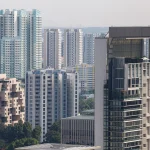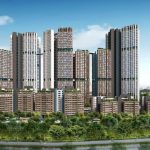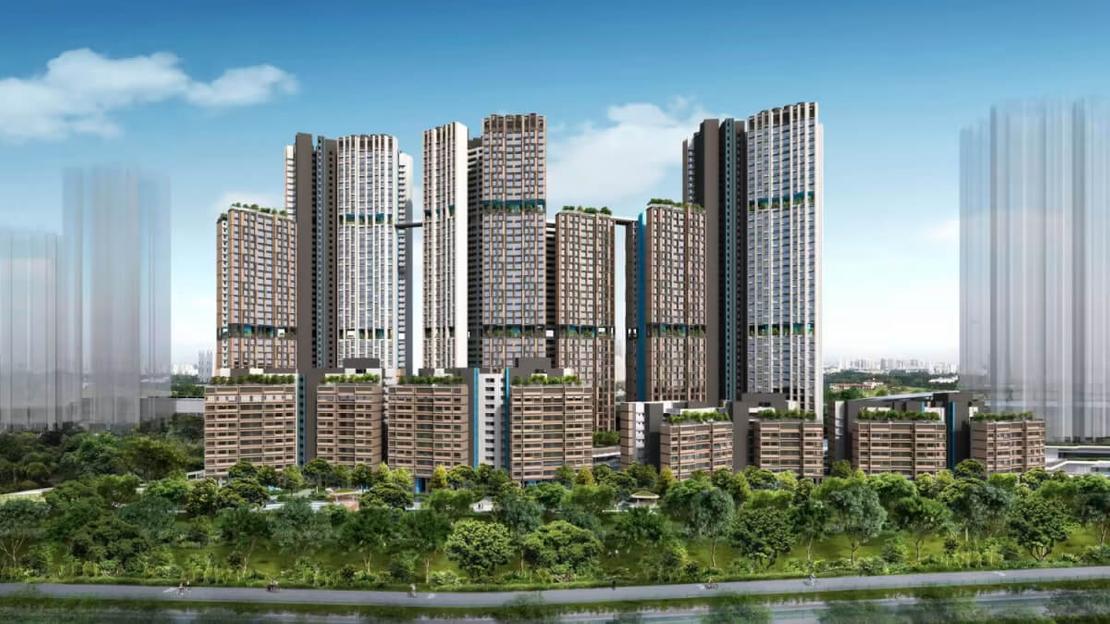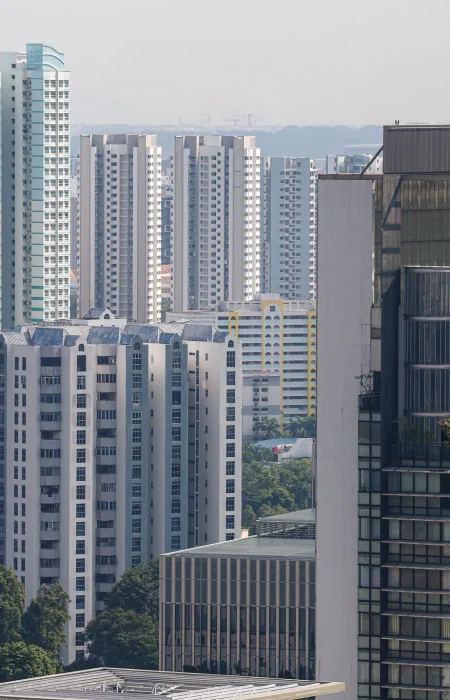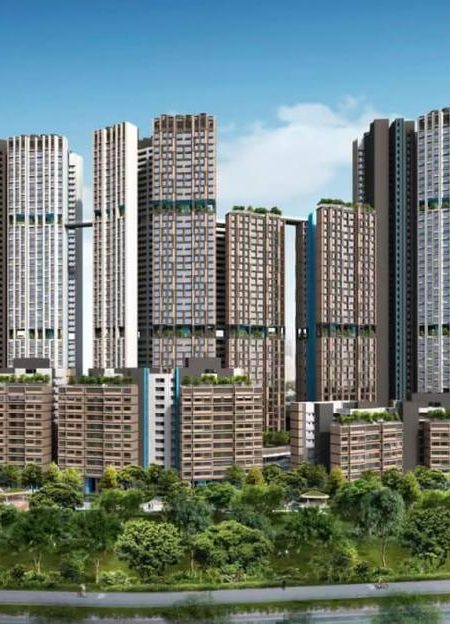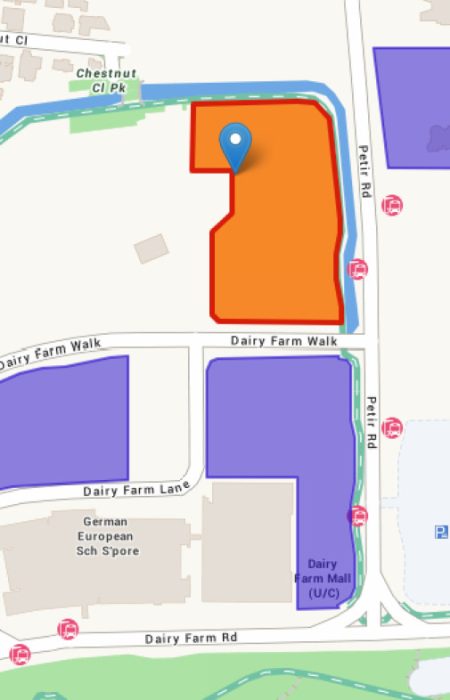As we approach the end of 2025, Singapore's property market is transitioning from a period of rapid growth to one characterized by stabilization and cautious optimism. This shift is influenced by various factors, including government policies, economic conditions, and evolving buyer sentiments.
Market Cooling and Price Stabilization
After several years of significant price increases, the private residential market in Singapore is showing signs of cooling. In the first quarter of 2025, the overall private residential price index increased by 0.8%, a slowdown from the 2.3% rise in the previous quarter Urban Redevelopment Authority. Analysts project a full-year growth of 3% to 6%, indicating a more balanced market The Straits Times.
Government Cooling Measures
To prevent overheating in the property market, the Singaporean government has implemented several cooling measures. These include the Additional Buyer's Stamp Duty (ABSD), which has been increased for foreign buyers and those purchasing second or subsequent properties. Despite these measures, demand remains resilient, particularly among local buyers and long-term investors Financial Times.
Supply and Demand Dynamics
The supply of new private residential units is expected to remain below the 10-year average between 2025 and 2027, potentially limiting choices for buyers Darren Ong. However, with the government's commitment to maintaining a steady supply of land and housing, the market is anticipated to remain balanced, with demand aligning closely with available inventory.
Foreign Investment Trends
Foreign investment in Singapore's property market has been influenced by global economic conditions and local policies. In August 2025, housing sales climbed to a nine-month high, driven by renewed interest from foreign buyers, particularly from countries like the United States, who benefit from exemptions on ABSD due to free trade agreements The Economic Times.
Commercial and Industrial Real Estate
The commercial and industrial real estate sectors in Singapore continue to show resilience. The logistics and industrial sectors have been bolstered by growth in trade-related industries, while the office market remains stable, supported by limited new supply and sustained demand from businesses seeking prime locations Colliers.
Investment Opportunities
Investors looking to enter the Singapore property market in 2025 should consider areas with upcoming infrastructure developments and those that offer long-term growth potential. Suburban districts and regions with planned enhancements in connectivity are expected to see increased demand. Additionally, commercial properties in established business hubs continue to attract interest due to their stable rental yields.
Outlook for the Remainder of 2025
Looking ahead, the Singapore property market is expected to maintain its stability. While price growth may be modest, the underlying fundamentals—such as a strong economy, low unemployment, and a well-regulated market—provide a solid foundation for sustained interest from both local and foreign buyers.



